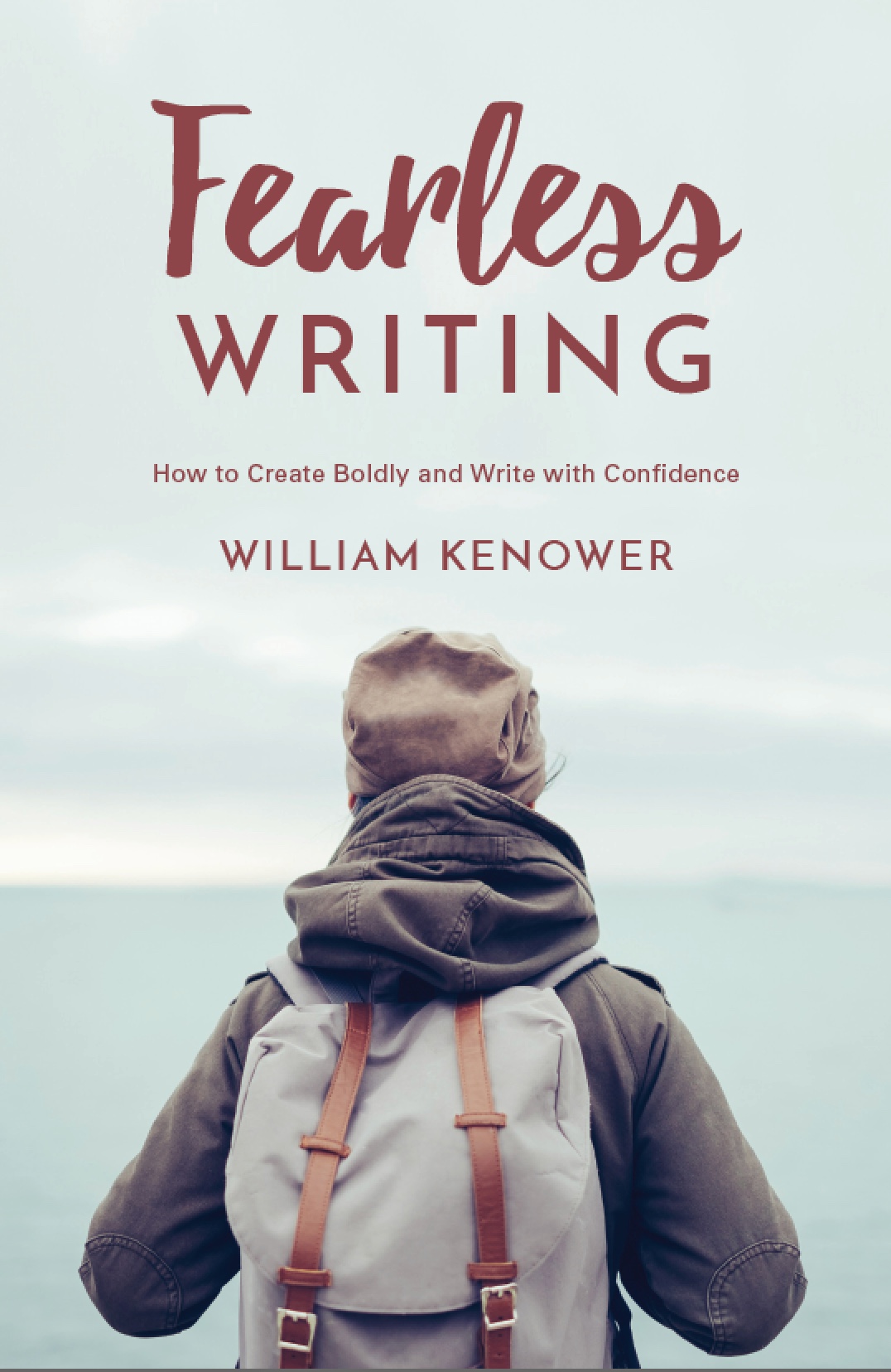If You Were Born To Write
 If you were born to write, you were born with curiosity and an imagination. You did not know you were born with these things because, unlike your fingers and toes, you could not see them, you could only use them. But just like your fingers and toes, you often used them even when you didn’t realize you were using them. Still, whatever your curiosity asked, your imagination answered; and whatever your imagination answered led to more interesting questions for your curiosity.
If you were born to write you probably liked to daydream. You may not have called it daydreaming. One moment you were watching television or listening to your teacher, and the next you had thought of some question, and when the answer came it was more interesting to you than what was happening in the world around. In fact, the distinction between the world inside you and the world outside of you was not so clear, because so often what happened inside was triggered by what happened outside. One fed the other, and each, you understood very early, was as important as the other.
If you were born to write, you were born with curiosity and an imagination. You did not know you were born with these things because, unlike your fingers and toes, you could not see them, you could only use them. But just like your fingers and toes, you often used them even when you didn’t realize you were using them. Still, whatever your curiosity asked, your imagination answered; and whatever your imagination answered led to more interesting questions for your curiosity.
If you were born to write you probably liked to daydream. You may not have called it daydreaming. One moment you were watching television or listening to your teacher, and the next you had thought of some question, and when the answer came it was more interesting to you than what was happening in the world around. In fact, the distinction between the world inside you and the world outside of you was not so clear, because so often what happened inside was triggered by what happened outside. One fed the other, and each, you understood very early, was as important as the other.
If you were born to write you probably liked to read. Reading engaged your imagination in much the same way as play and daydreaming. You could see what you were reading as you read it, and you could feel the hero’s fear and jubilation, and you worried for his safety as if he were your friend. Sometimes you even imagined he was your friend, he felt so real to you. After all, someone else had dreamed him first, and so he was like those people you called friends who lived in that world outside of you, the world that so often sent you dreaming. What was called real and what was called imagined blended easily sometimes.
And if you were born to write at some point a separation of sorts occurred. You decided to try writing a story of your own. This was even more exciting than reading a story because now the questions, and the answers, and the daydreaming, and the heroes of stories all came together into one activity. It was hard to imagine a better activity, and yet you noticed not everyone was this interested in writing. Some people even called it boring.
You also noticed that not everyone liked to read the same stories, just as not everyone liked to watch the same movies or loved the same person. You noticed people in this way because other people were the ones with whom you wanted to share your stories. It was impossible to know who would be curious about your stories and who would not. But if you were born to write, you wanted to share what you had written, often for reasons you didn’t fully understand. There was money, and there was praise and attention, but then there was something else.
If you were born to write you knew that the something else had to do with the inseparable and ceaselessly creative link between curiosity and imagination. It was the one thing you could not see, and yet it was the one thing upon which so much depended. It was the one thing you could never touch in another, and yet the one thing you would always have in common with a stranger. It was what you thought of when you thought of yourself, and what you hoped to reach in others through your stories. Still, you don’t fully know why you wrote, other than you were born to, and that it felt like the easiest way to keep being you.
If you like the ideas and perspectives expressed here, feel free to contact me about individual and group coaching.
Fearless Writing: How to Create Boldly and Write With Confidence. You can find William at: williamkenower.com


